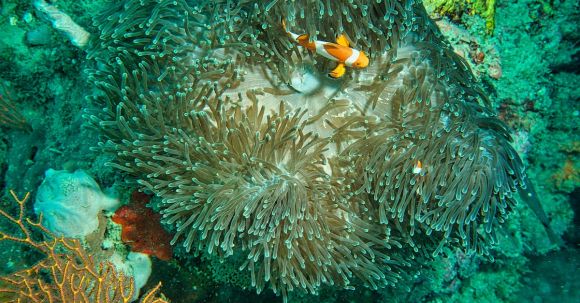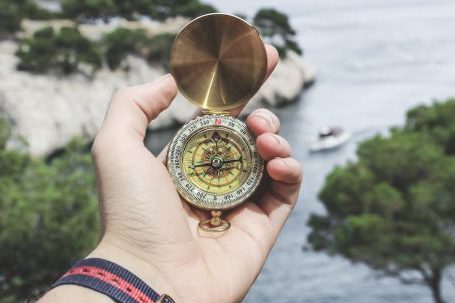Ecosystems are intricate networks of living organisms and their surrounding environment, in which they interact and depend on each other for survival. These complex webs of life are finely balanced, with every component playing a crucial role. From the tiniest microorganisms to the largest animals, each species has a place and purpose within the ecosystem. However, human activities and environmental changes are rapidly disrupting this delicate balance. It is now more important than ever to protect and preserve these ecosystems to maintain nature’s harmony.
The Interconnectedness of Species
Ecosystems are like puzzles, with each piece fitting perfectly into its designated spot. Every organism, no matter how small or seemingly insignificant, has a role to play. Take, for example, the relationship between pollinators and flowering plants. Bees, butterflies, and other insects are essential for the pollination of flowers, enabling the plants to reproduce. This process is not only crucial for the survival of the plants but also for the production of fruits and seeds, which in turn provide food for other animals.
The Ripple Effect of Extinction
When one species is disrupted or becomes extinct, it sets off a chain reaction that can have far-reaching consequences. This phenomenon, known as the ripple effect, can destabilize entire ecosystems. For instance, the loss of predators can lead to an increase in prey populations, which then affects the availability of food for other organisms. This domino effect can disrupt the balance of the entire ecosystem and even lead to its collapse.
The Role of Biodiversity
Biodiversity is the key to maintaining the delicate balance of ecosystems. It refers to the variety of different species, genetic diversity within species, and the diversity of ecosystems themselves. A high level of biodiversity ensures that ecosystems are resilient to disturbances and can recover from environmental changes. It also provides a greater array of resources and services, such as clean air, water, and soil, which are essential for the well-being of both humans and wildlife.
Human Impact on Ecosystems
Unfortunately, human activities have had a significant impact on ecosystems worldwide. Deforestation, pollution, climate change, and habitat destruction are just a few examples of how we have disrupted nature’s harmony. Deforestation, for instance, not only destroys habitats but also releases large amounts of carbon dioxide into the atmosphere, contributing to climate change. Pollution from industrial activities and agriculture contaminates water bodies, affecting aquatic life and the organisms that depend on them.
Protecting Nature’s Harmony
To protect and restore the delicate balance of ecosystems, various measures need to be taken. Conservation efforts should focus on preserving and restoring habitat diversity, as well as promoting sustainable land and resource management practices. Protecting biodiversity hotspots, such as rainforests and coral reefs, is crucial as they support a high concentration of unique and threatened species.
Additionally, addressing climate change is essential for the long-term sustainability of ecosystems. Reducing greenhouse gas emissions and transitioning to renewable energy sources are key steps in mitigating the impacts of climate change on ecosystems.
Engaging in sustainable practices in our daily lives can also make a difference. This includes reducing waste, recycling, using energy-efficient appliances, and supporting local and sustainable food sources.
Conclusion: A Call to Action
The delicate balance of ecosystems is crucial for the survival and well-being of all living organisms, including humans. Protecting and preserving nature’s harmony is not only an ethical responsibility but also essential for the sustainable future of our planet. Through collective efforts, we can work towards restoring and maintaining the delicate balance of ecosystems, ensuring a harmonious coexistence between humans and nature. Let us act now, before it’s too late.



